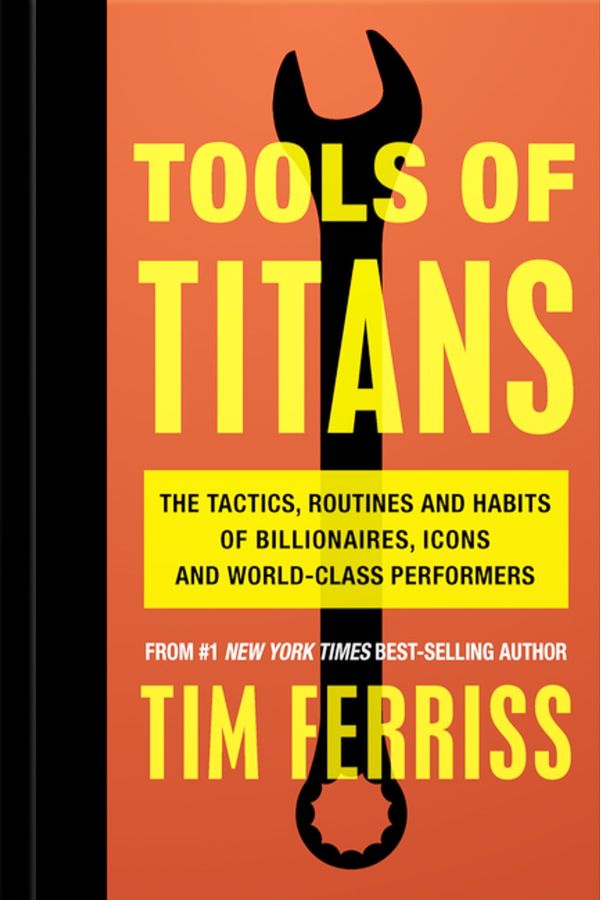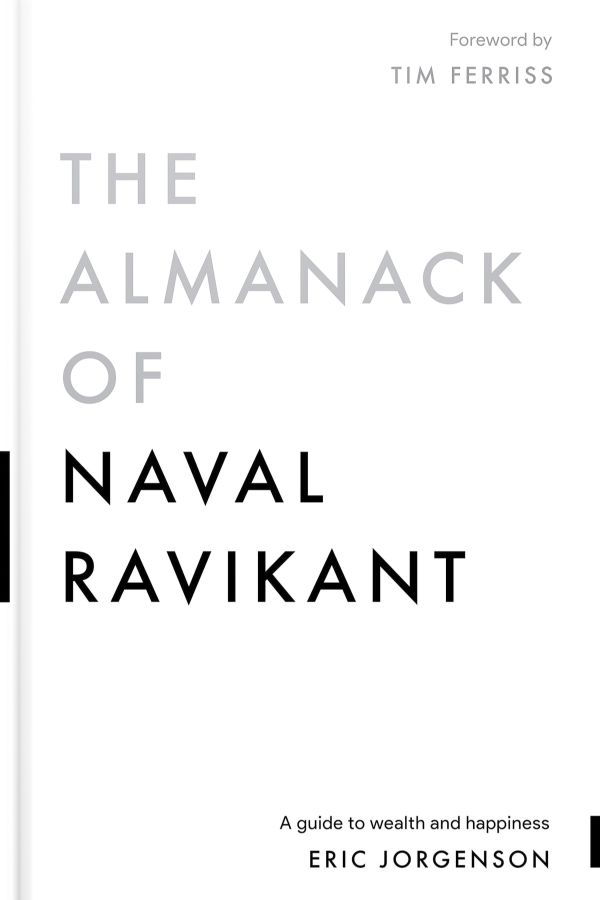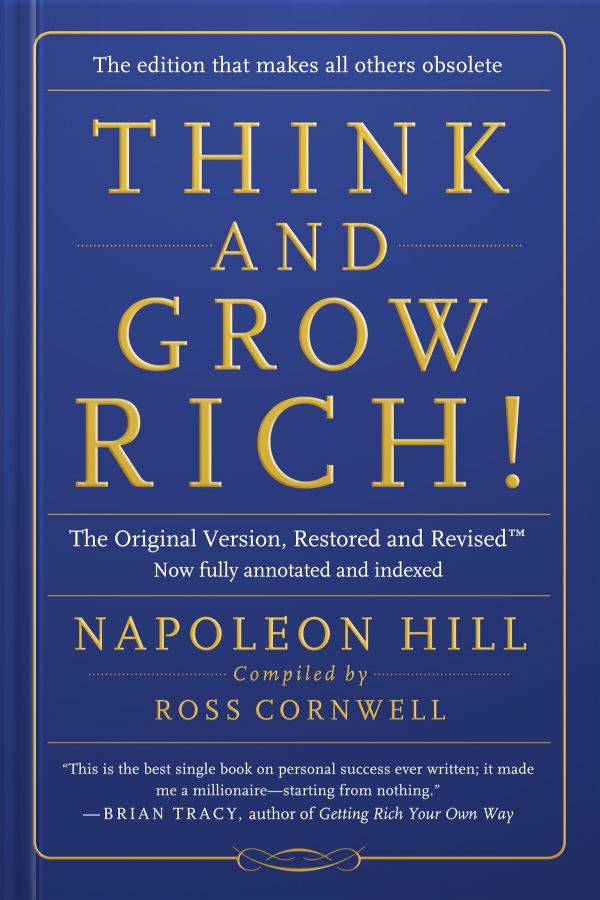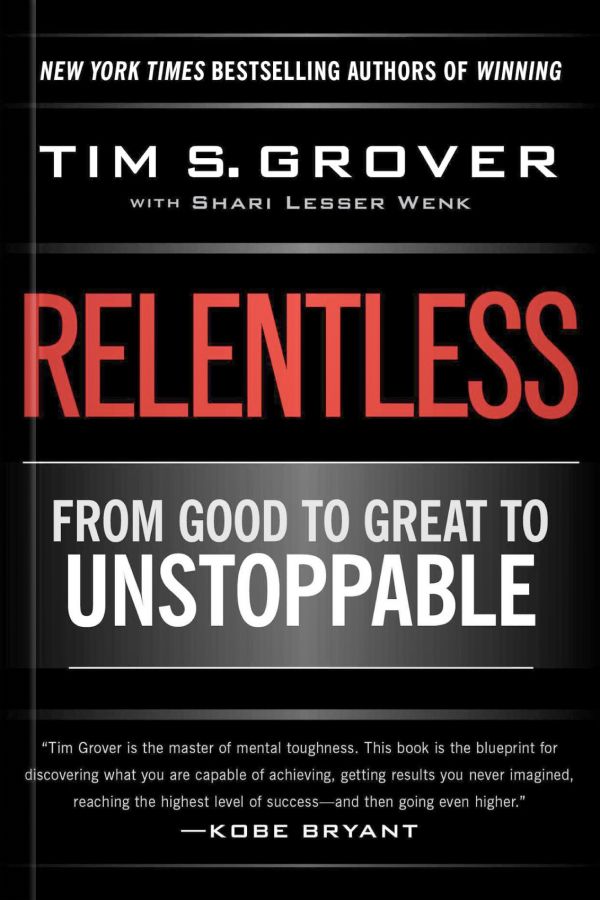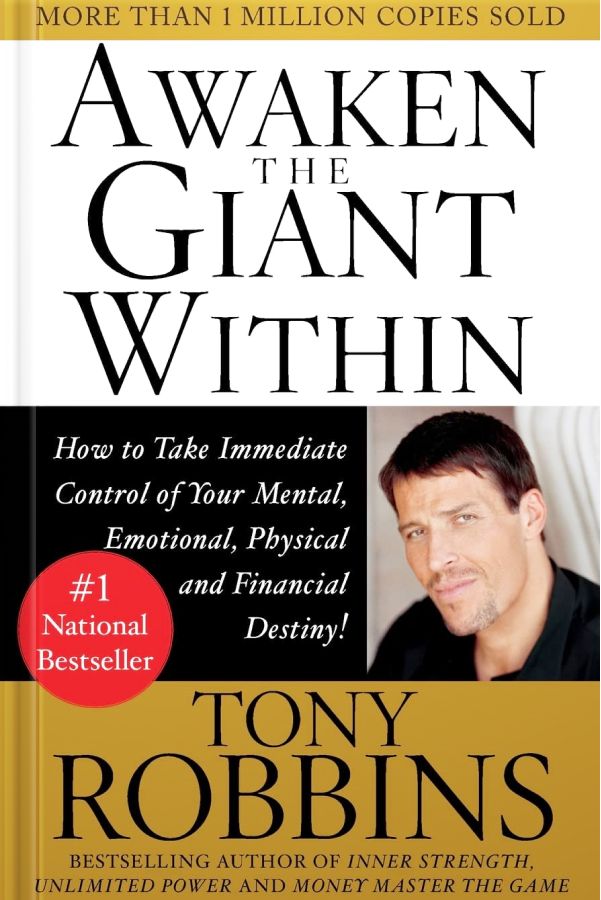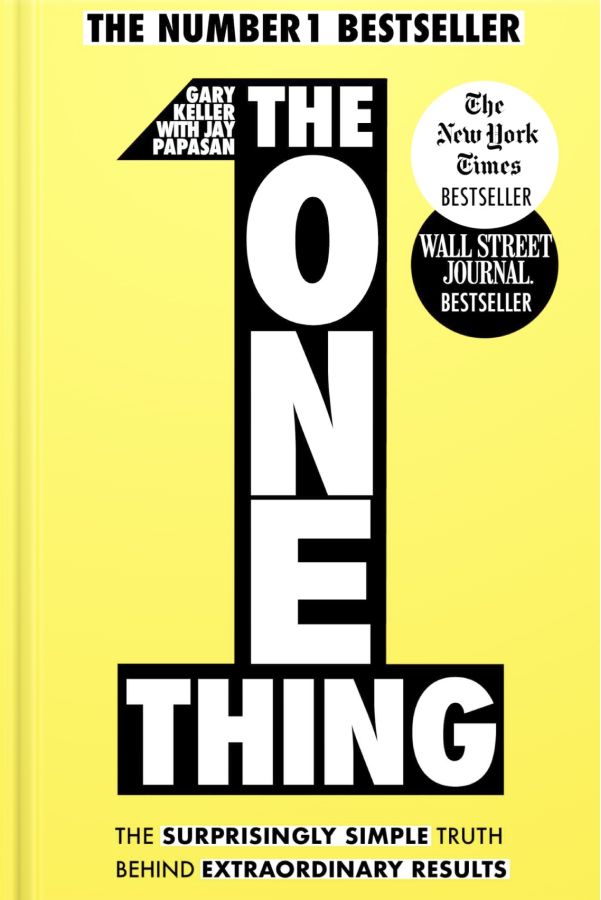
Personal Development
The One Thing by Gary Keller
1. Embracing the Power of Less
Gary W. Keller and Jay Papasan argue in "The ONE Thing" that success is not about doing everything, but about focusing on the single most important task at hand.
This is the philosophy of going small. They say, "Going small is ignoring all the things you could do and doing what you should do."
Consider an Olympic athlete. They don't try to excel in all sports; they focus on one and dedicate their time and energy to mastering it. This narrowed focus enables them to achieve extraordinary results.
The authors quote:
"When you go as small as possible, you’ll be staring at ONE THING. And that’s the point."
2. Sequential Success: One Domino at a Time
According to Keller and Papasan, success isn't haphazard but sequential. They highlight the "Domino Effect," which posits that knocking over the first domino sets off a chain reaction of falling dominoes.
They write:
"Successful people know this. So every day they line up their priorities anew, find the lead domino, and whack away at it until it falls."
This principle applies to both personal and professional achievements. You first need to identify your leading domino (priority), and then devote your energy to knocking it over (achieving it).
3. Recognizing the Unequal Importance of Activities
"The ONE Thing" underlines the importance of prioritization and the 80/20 principle.
The authors believe:
"Not all activities are equally valuable and not all activities bring about the same rewards."
As an example, consider a business owner who divides their time equally between making sales calls and updating their social media.
However, it may turn out that 80% of their revenue comes from sales calls. It's clear where their focus should be.
4. The Fallacy of Multitasking**
Despite its popularity, the authors argue that multitasking is detrimental to productivity.
They say:
"Every time you switch from one task to another, you need to 'forget' about the previous task and activate the rules of the new task."
Take a writer, for instance. If they constantly switch between writing, checking emails, and browsing the internet, the quality of their work suffers, and it takes longer to complete the task.
5. A Single Question for Guiding Actions
One of the book's central concepts is "The Focusing Question":
"What’s the ONE THING I can do such that by doing it everything else will be easier or unnecessary?"
The authors recommend this question as a way to maintain focus on your main goal.
For example, if you are a student who wishes to improve your grades, your focusing question might be: "What's the one subject I can improve in that would make my overall performance better?"
6. Harnessing Time with Time Blocking
According to the authors, the most powerful tool for productivity is time blocking. They suggest that you
"Block out large pieces of uninterrupted time for specific uses."
For instance, a writer might block out several hours each morning solely for writing. During these hours, they avoid distractions like emails, calls, or social media.
7. The Singular Focus
The authors conclude by emphasizing the power of focusing on one thing.
They affirm:
"If you try to do everything, you could wind up with nothing. If you try to do just ONE Thing, the right ONE THING, you could wind up with everything you ever wanted."
No matter your goal—be it professional, personal, or both—the key is to identify and concentrate on your ONE THING. The rest, as they say, will follow.

